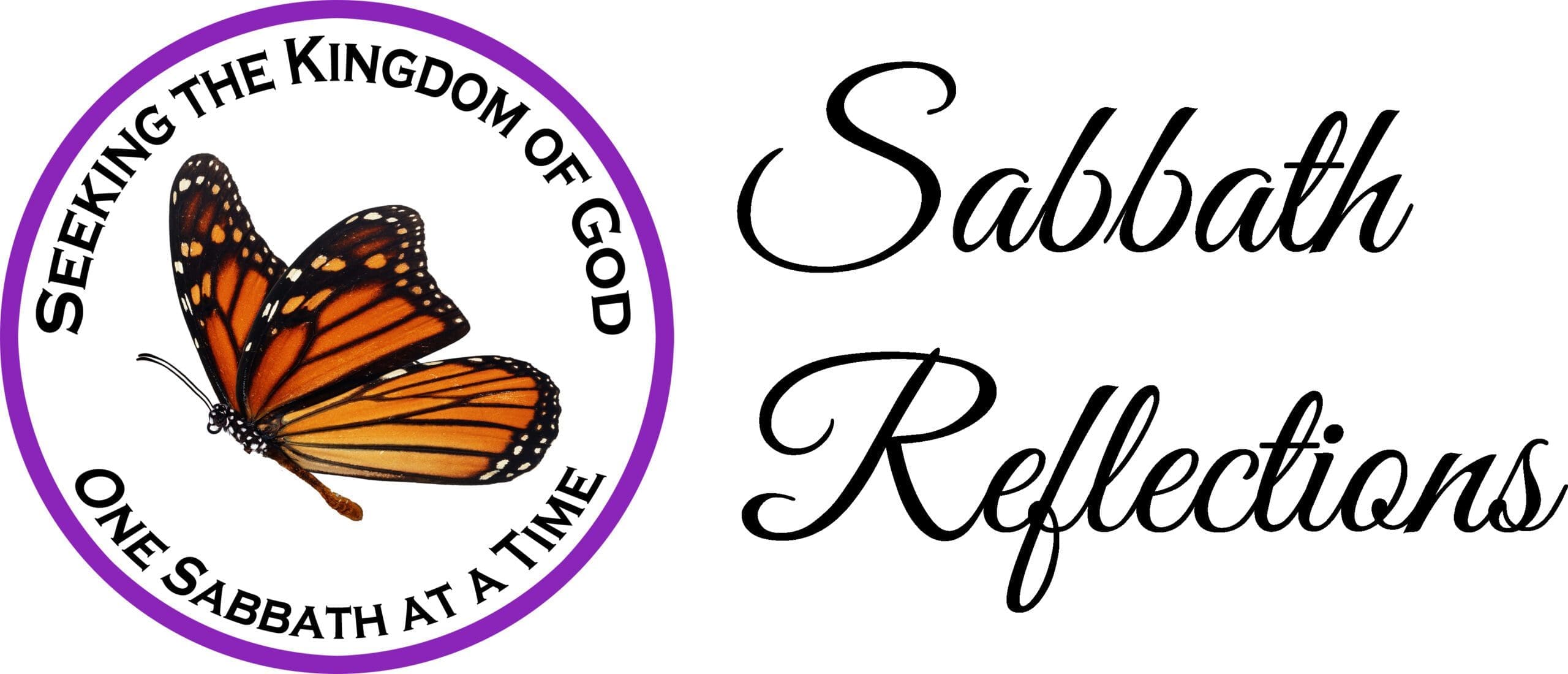SABBATH THOUGHT 2023-03-25—FEAST OF UNLEAVENED BREAD
May God bless you on His Sabbath day!
The previous Sabbath Thought discussed the meaning of leaven and sin. Leaven is not all sin, but rather it represents serious sin that is spread to others. Scripture clearly defines it as idolatry and witchcraft[1], divisions and offenses[2], malice and wickedness[3], hypocrisy[4], sexual immorality[5], etc. They can be personal sins that affect or influence others, taught as part of a national culture such as idolatry, or evil works that are publicly flaunted as is the case with homosexuality and abortion. Leaven sin, at the very least, exposes others to it. At the worst, leaven sin entices others to commit sin. Solomon mentions the very worst of (and most common) leaven sins:
PROVERBS 6:16-19 These six things doth the LORD hate: yea, seven are an abomination unto him: 17 A proud look, a lying tongue, and hands that shed innocent blood, 18 An heart that deviseth wicked imaginations, feet that be swift in running to mischief, 19 A false witness that speaketh lies, and he that soweth discord among brethren.
Whether or not we partake of those sins, they are ever-present everywhere. Many of us participated in leaven sins in the past such as by keeping and promoting the pagan holidays. Paul calls those sins the “old leaven”[6] because we participated in them prior to our conversion when we followed the ways of the world. After baptism, we are to live in the unleaven of sincerity and truth[7]. This means that when we do sin, we feel shame and remorse and go before God and Jesus Christ in the fullness of repentance. PERSONAL SINS ARE NOT REPRESENTED BY LEAVEN BECAUSE WE DO NOT WANT TO DO THEM AND ARE NOT TRYING TO SPREAD THEM. Sincerity and truth is unleaven because they are foundational for true repentance and required when we come before God and ask His forgiveness for our sins through the sacrifice of Jesus Christ. So, what is the meaning behind the Feast of Unleavened Bread? Read what Moses told the ancient Israelites when they left Egypt:
EXODUS 13:3-8 And Moses said unto the people, Remember this day, in which ye came out from Egypt, out of the house of bondage; for by strength of hand the LORD brought you out from this place: there shall no leavened bread be eaten. 4 This day came ye out in the month Abib [or Nissan 15]. 5 And it shall be when the LORD shall bring thee into the land of the Canaanites, and the Hittites, and the Amorites, and the Hivites, and the Jebusites, which he sware unto thy fathers to give thee, a land flowing with milk and honey, that thou shalt keep this service in this month. 6 Seven days thou shalt eat unleavened bread, and in the seventh day shall be a feast to the LORD. 7 Unleavened bread shall be eaten seven days; and there shall no leavened bread be seen with thee, neither shall there be leaven seen with thee in all thy quarters. 8 And thou shalt shew thy son in that day, saying, This is done because of that which the LORD did unto me when I came forth out of Egypt.
There are several key aspects mentioned in these verses. First, God brought the ancient Israelites OUT of bondage. While that was specifically physical slavery, it also, and more importantly, included the idolatry of the Egyptians. However, just as central to the Feast of Unleavened Bread is the fact that God brought them INTO a land AWAY from the leaven of the Egyptian idolatry.
The Feast of Unleavened Bread was to be a remembrance of when the ancient Israelites came OUT of idolatry (leaven) and INTO a land purged of idolatry (the absence of leaven) because God intended “cut off” the indigent nations along with their leaven sin:
EXODUS 23:23-24 For mine Angel shall go before thee [to the promised land of Canaan], and bring thee in unto the Amorites, and the Hittites, and the Perizzites, and the Canaanites, the Hivites, and the Jebusites: and I will cut them off. 24 Thou shalt not bow down to their gods, nor serve them, nor do after their works: but thou shalt utterly overthrow them, and quite break down their images.
If dough represented the ancient Israelites, they were leavened in Egypt by idolatry; however, God wanted them to stop adding leaven to their lives. If they had “baked in” the Law of God into their hearts and minds, they would stop adding leaven and each succeeding generation would become more and more unleavened. Instead, they kept returning to the idolatry of the other pagan nations[8]. This is absolutely clear in Ezekiel 20:7-10.
We are to keep the Feast of Unleavened Bread in the same manner God intended for the ancient Israelites. It begins with a holy convocation on the first day, which is “a night to be much observed unto the LORD for bringing them out from the land of Egypt: this is That Night of the LORD to be observed of all the children of Israel in their generations.” (Exod. 12:42). The evening of the first day is called “That Night of the LORD” because it is GOD who liberated them (and us). It a night to be much observed. The English translation “much observed” does not give a full sense of the Hebrew meaning, the root of which means to hedge about, guard, protect, attend to, and preserve. That Night of the Lord is much more than recalling our personal salvation by God—we are to guard, protect, attend to, and preserve it. How do we do that? By purging out the “old leaven,” avoiding the “leaven of malice and wickedness,” and living in the “unleaven of sincerity and truth:”
1 CORINTHIANS 5:6-8 Your glorying is not good. Don’t you
know that a little leaven leavens the whole lump? 7 Therefore, purge out
the old leaven, so that you may become a new lump, even as you are
unleavened. For Christ our Passover was sacrificed for us. 8 For this reason, let
us keep the feast, not with old leaven, nor with the leaven of
malice and wickedness, but with the unleavened bread of
sincerity and truth.
While Paul talked about the unleaven of sincerity and truth, he understood this from the teachings of Joshua. In his last days, Joshua reminded the ancient Israelites of all that God did in bringing them out of Egypt and into the promised land (Josh. 24:1-13). He finished by saying:
JOSHUA 24:14 Now therefore fear the LORD, and serve him in sincerity and in truth: and put away the gods which your fathers served on the other side of the flood, and in Egypt; and serve ye the LORD.
The Feast of Unleavened Bread is a time to PROTECT the memory that God liberated us from leaven sin; a time to renew our efforts to GUARD against the leaven sins of this world; and a time to ATTEND TO and PRESERVE our hearts and minds in the unleaven of sincerity and truth through humility and repentance under the sacrifice of Jesus Christ.
This is why Paul concluded his discourse to the Corinthians on the Feast of Unleavened Bread by saying:
1 CORINTHIANS 5:9-11 I wrote to you in an epistle not to associate with the sexually immoral; 10 And yet, you can not altogether avoid contact with the sexually immoral of this world, or with the covetous, or extortioners, or idolaters, since you would then have to go out of the world. 11 But now, I have written to you not to associate with anyone who is called a brother, if he be either sexually immoral, or covetous, or an idolater, or a reviler, or a drunkard, or an extortioner; with such a person you are not even to eat.
What is his message? DO NOT ASSOCIATE with others who are committing and spreading serious sins. They are spreading leaven! How do you recognize leaven sins? Because they are spread publicly without remorse or shame—they are “in your face,” so to speak. They affect others the same way leaven affects dough. We must come away from them; avoid them; and STAY unleavened. We must stay humble and keep sincerity and truth in our hearts and minds through avoidance and repentance. Leaven sin was a serious problem for the Corinthians. Paul dealt with it in his first epistle to them as well as his second:
2 CORINTHIANS 6:14-17 Do not be unequally yoked with unbelievers. For what do righteousness and lawlessness have in common? And what fellowship does light have with darkness? 15 And what union does Christ have with Belial? Or what part does a believer have with an unbeliever? 16 And what agreement is there between a temple of God and idols? For you are a temple of the living God, exactly as God said: “I will dwell in them and walk in them; and I will be their God, and they shall be My people. 17 Therefore, come out from the midst of them and be separate,” says the Lord, “and touch not the unclean, and I will receive you;
As the name implies, the Feast of Unleavened Bread is about being in a state of unleaven—avoiding ALL leaven as much as possible. It is hedging about, guarding, protecting, attending to, and preserving our hearts and minds in the unleaven we have through Christ’s sacrifice. But is it even possible to entirely avoid leaven sin considering the wickedness of the world and its evil works? No, but we should not intentionally let it into our lives and do our best to steer clear of it. So, how do we stay unleavened in the midst of a world swimming in leaven?
EPHESIANS 6:11-18 Put on the whole armor of God so that you may be able to stand against the wiles of the devil 12 Because we are not wrestling against flesh and blood, but against principalities and against powers, against the world rulers of the darkness of this age, against the spiritual power of wickedness in high places. 13 Therefore, take up the whole armor of God so that you may be able to resist in the evil day, and having worked out all things, to stand. 14 Stand therefore, having your loins girded about with truth, and wearing the breastplate of righteousness [of God], 15 And having your feet shod with the preparation of the gospel of peace. 16 Besides all these, take up the shield of the faith, with which you will have the power to quench all the fiery darts of the wicked one; 17 And put on the helmet of salvation, and the sword of the Spirit, which is the Word of God; 18 Praying at all times with all prayer and supplication in the Spirit, and in this very thing being watchful with all perseverance and supplication for all the saints;
We have the truth and righteousness of God, the peace and faith of Jesus Christ, and the salvation and sword of the Holy Spirit and the Word of God. This is the POWER of God; this is the SALVATION of God, and this is the PROMISE of God!
May God’s grace and peace be upon you!
Steven Greene
https://sabbathreflections.org


